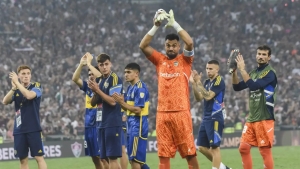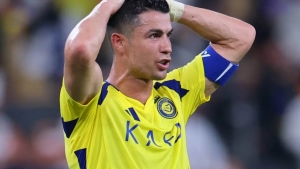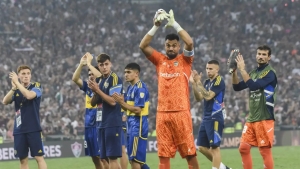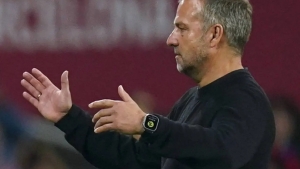Vilkov: Consistency is important in the performance of RPL referees
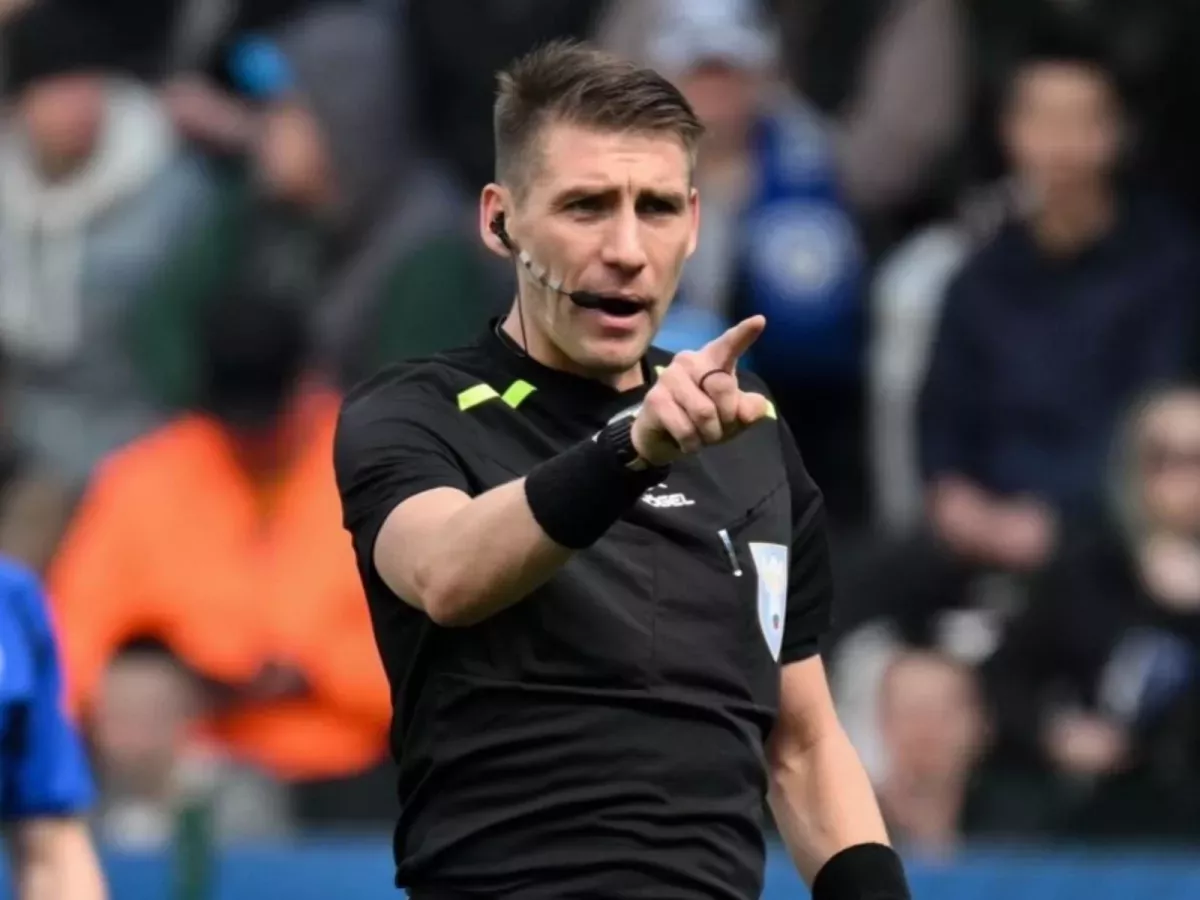
Former Russian referee and ex-FIFA official Mikhail Vilkov discussed in an exclusive interview with the "Euro-Football.Ru" network publication how coaches' emotions influence referees' decisions. This was reported by Euro-football.ru.
According to him, it is advisable to wait for the last ten rounds of the championship to determine the best referee in the Russian championship, as during this period referees' endurance, consistency, and reliability become apparent. So far, referees have not yet fully found their form.
Vilkov also commented on controversial situations that arose in the match between "Dinamo" and "Spartak," particularly the episode involving Marquinhos and the reaction of coach Dejan Stanković to the referee's decisions. He emphasized that Stanković is very emotional, which can also affect the players.
He stated that a coach's overly lively attitude during the game can harm the team and even lead to disqualification. For example, when "Spartak" equalized in the 93rd minute against "Akron," Stanković's joy caused the team to concede a goal in response.
Coaches' emotions have a significant impact on the game. Sometimes coaches become nervous due to referees' mistakes, but even in such cases, controlling emotions is important.
Otherwise, this leads to warnings or cards from referees and does not benefit the team. Stanković's long-term disqualification is considered fair; he needs to calm down and be beneficial for the team.
There are no exact statistical data on the number of referees' mistakes because different experts count them differently. It is also difficult to compare these numbers with previous seasons.
Mistakes always occur in the refereeing system, but the seriousness and prevalence of these mistakes are important. For example, after the match between CSKA and "Krasnodar," there were extensive discussions in the press.
When the final rounds of the championship begin in the spring months, referees' mistakes attract even more attention and become a source of stress for coaches. Players, coaches, and experts face difficulties in understanding referees' decisions because decisions differ in similar situations.
In this regard, it is necessary to better explain the rules to the wider public. As a former referee, Vilkov emphasized that previously coaches had the opportunity to communicate face-to-face with referees and clarify decisions.
Now such opportunities have decreased, leading to dissatisfaction and misunderstandings. Overall, continuous improvement and transparency in the refereeing system are necessary.
If communication between referees and coaches improves, the game of football will become fairer and more exciting.


